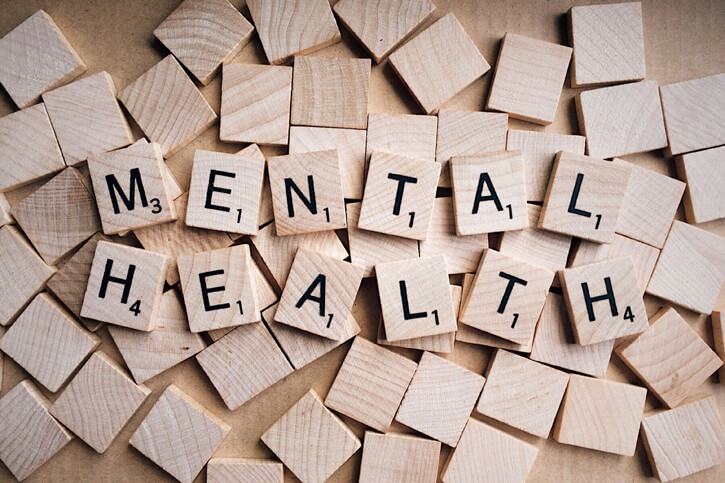The number of mental health emergencies has been on the rise over the past few years. As a result, organizations, departments and individuals are learning new skills and educating themselves on best practices to better deal with these situations.
Below is a list of things one must consider when responding to a mental health emergency. These strategies will ensure an effective and productive interaction with the individual in crisis.
1. Stay calm and impassive (mask your feelings) in your approach.
Be clear and concise with your communication, along with recognizing the economy of your body language.
2. Be aware of safety risks.
Be mindful of weapons, and any physical hazards like broken glass, sharp objects, water, gas, fire, and tall structures.
3. Build rapport quickly and continue to maintain that trust.
Learn how to really listen and exercise empathy.
4. Give swift, early treatment.
Time is of the essence!
5. Call appropriate help and/or emergency services or the medical oversight embedded in your teams.
Getting backup and support is very important.
6. Do not make any promises you cannot keep.
If the individual experiencing the mental health concern/emergency is a harm to themselves or others… it is your responsibility to notify authorities.
7. Be aware of your own needs.
These needs include your own as a first responder, for the others standing by and the objectives, outcomes and protocols of your job.
8. Understand your own comfort zone, abilities, weaknesses, and limitations, as well as strengths.
It’s not helpful for anyone if you go beyond your own knowledge and skills and in fact might actually be more harmful.
9. Keep your head on a swivel and always stay safe.
The ultimate key is to make sure you’re prepared and aware.
Some other important tips can be found in our new book The Resilient Warrior: Battle Tested Life Hacks for Military Men and Women, a collaborative collection providing needed wisdom for complete well-being from and for those who serve as well anyone else looking for some life hacks for self-improvement.
Nick Benas, USMC, is a former United States Marine Sergeant and Iraqi Combat Veteran. He travels around the United States training individuals on how to recognize a developing mental illness and how to prevent someone from slipping into a crisis. Nick attended Southern Connecticut State University for his undergraduate degree in Sociology, and for his M.S. in Public Policy. He has been featured by more than 50 major media outlets for his business success and entrepreneurship. He is the co-author of Mental Health Emergencies, Tactical Mobility, The Warrior’s Book of Virtues, and, most recently, The Resilient Warrior.
Buzz Bryan, USN, is currently the Outreach Coordinator for the West Palm Beach VA medical center. He previously served as the OEF/OIF Transition Patient Advocate (TPA) for the Veterans Integrated Service Network (VISN4) based in Pittsburgh, PA for ten years, working specifically with Iraq & Afghanistan veterans. Buzz was a member of the Navy/Marine Corps team and retired from the United States Navy in July 2007 after 22 years of honorable service as a Fleet Marine Force Senior Chief Hospital Corpsman. He is the co-author of The Warrior’s Book of Virtues and, most recently, The Resilient Warrior.





